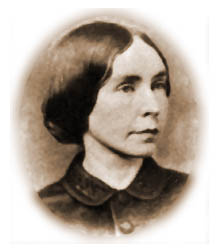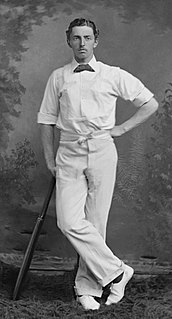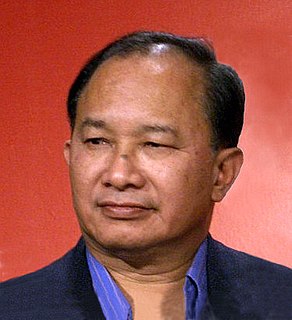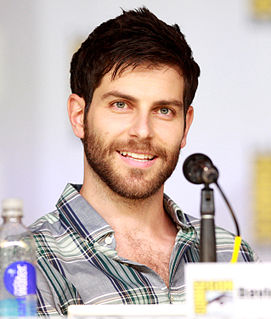A Quote by Susan Wallace
Everyone should write a book, if only to see
how much work goes into even the slight volume I send you.
Related Quotes
I think, for me, there's The Book I Should Write and The Book I Wanted to Write - and they weren't the same book. The Book I Should Write should be realistic, since I studied English Lit. It should be cultural. It should reflect where I am today. The Book I Wanted to Write would probably include flying women, magic, and all of that.
You have to surrender to your mediocrity, and just write. Because it's hard, really hard, to write even a crappy book. But it's better to write a book that kind of sucks rather than no book at all, as you wait around to magically become Faulkner. No one is going to write your book for you and you can't write anybody's book but your own.
For many years I wanted to be a rock star but of course that didn't work out. I did however write on napkins and pieces of paper sentences and occurrences. I decided maybe I should write a book because I had been writing so much. I'm actually writing a book based on The Room that will hopefully be published soon.
She smiled at him. “How did you know just what I’d want to see?” “How could I not?” he said. “When I think of you, and you are not there, I see you in my mind’s eye always with a book in your hand.” He looked away from her as he said it, but not before she caught the slight flush on his cheekbones. He was so pale, he could never hide even the least blush, she thought — and was surprised how affectionate the thought was.
Send us people with initiative, who can carry themselves and others too; such as need to be carried hamper the work and weaken those who should be spending their strength on the heathen. Weaklings should be nursed at home! If any have jealousy, prides, or talebearing traits lurking about them, do not send them, nor any who are prone to criticize. Send only Pauls and Timothys; men who are full of zeal, holiness and power. All others are hindrances. If you send us ten such men the work will be done.
The angels laugh at old Karl. They laugh at him because he tries to grasp the truth about God in a book of Dogmatics. They laugh at the fact that volume follows volume, and each is thicker than the previous ones. As they laugh, they say to one another, ‘Look! Here he comes now with his little pushcart full of volumes of the Dogmatics!’—and they laugh about the persons who write so much about Karl Barth instead of writing about the things he is trying to write about. Truly, the angels laugh.
I always knew from the beginning that this was the only way to write Then We Came To The End - that it had to be in first - person plural if it was going to illustrate how the individual becomes part of the collective. I had no interest in writing the book in a more conventional voice. It goes back to that fascination I had with telling a story in multiple ways. It was the only choice I gave myself, really - I said "This is it, pal. If you can't tell a story this way, you're going to have to abandon the book. Write it this way or give up."


































